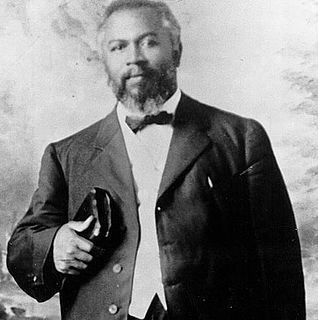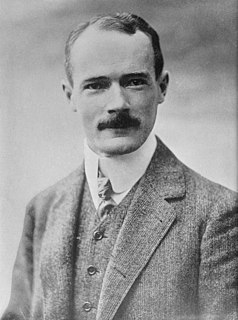A Quote by Margaret Atwood
I am not your justification for existence.
Quote Topics
Related Quotes
I'm afraid that in the United States of America today the prevailing doctrine of justification is not justification by faith alone. It is not even justification by good works or by a combination of faith and works. The prevailing notion of justification in our culture today is justification by death. All one has to do to be received into the everlasting arms of God is to die.
Love appears and says: "You think you're heading towards a specific point, but the whole justification for the goal's existence lies in your love for it. Rest a little,but as soon as you can, get up and carry on. Because ever since your goal found out that you were traveling toward it, it has been running to meet you.
Justification and sanctification are both God's work, and while they can and must be distinguished, the Bible won't let us separate them. Both are gifts of our union with Christ, and within this double-blessing, justification is the root of sanctification and sanctification is the fruit of justification.
We can never lose what is really ours. Who can lose his being? Who can lose his very existence? If I am good, it is the existence first, and then that becomes colored with the quality of goodness. If I am evil, it is the existence first, and that becomes colored with the quality of badness. That existence is first, last, and always; it is never lost but ever present.



































